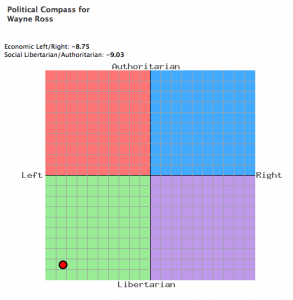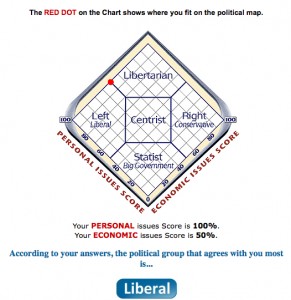CALL FOR PAPERS
NETWORKED REALMS AND HOPED-FOR FUTURES:
a trans-generational dialogue
During the past decades, people from all walks of life – educators, information scientists, geeks, writers, film makers etc. – envisioned various futures for the relationships between education and technologies. Step by step, the logic of technological and social development has cherry-picked the most viable options and dumped others deep into the waste bin of history. Yesterday, our present was just one of many possible futures – today, it is our only reality.
This Special Issue of the journal E-Learning and Digital Media (www.wwwords.co.uk/ELEA) invites authors to step back from the never-ending quest for new concepts and ideas and to revisit past insights into the relationships between education and technologies – including, but not limited to, the formal process of schooling. Based on analyses of historical ideas, we invite authors to reflect on the relationships between past, present and future.
What is viable today might not have been viable yesterday: history of human thought is packed with excellent ideas that once failed to make an impact because of wrong placement, timing or simply bad luck. Therefore, we are particularly interested in identification and examination of ignored/abandoned/neglected/forgotten concepts and ideas that might shed new light to our current reality and/or (re)open new and/or abandoned strands of research.
Working at the intersection of technology, psychology, sociology, history, politics, philosophy, arts, and science fiction, we welcome contributions from wide range of disciplines and inter-, trans- and anti-disciplinary research methodologies.
SUBMISSIONS
All contributions should be original and should not be under consideration elsewhere. Authors should be aware that they are writing for an international audience and should use appropriate language. Manuscripts should not exceed 8000 words. For further information and authors’ guidelines please see www.wwwords.co.uk/elea/howtocontribute.asp
All papers will be peer-reviewed, and evaluated according to their significance, originality, content, style, clarity and relevance to the journal.
Please submit your initial abstract (300-400 words) by email to the Guest Editors.
GUEST EDITORS
Petar Jandrić, Department of Informatics & Computing, Polytechnic of Zagreb, Croatia (pjandric@tvz.hr)
Christine Sinclair, Moray House School of Education, University of Edinburgh, UK (christine.sinclair@ed.ac.uk)
Hamish Macleod, Moray House School of Education, University of Edinburgh, UK (h.a.macleod@ed.ac.uk)
IMPORTANT DATES
15 February 2014 – Deadline for abstracts to guest editors
1 May 2014 – Deadline for submissions/full papers
1 July 2014 – Deadline for feedback from reviewers
1 October 2014 – Final deadline for amended papers
Publication date – in 2015, to be decided
 Follow
Follow




